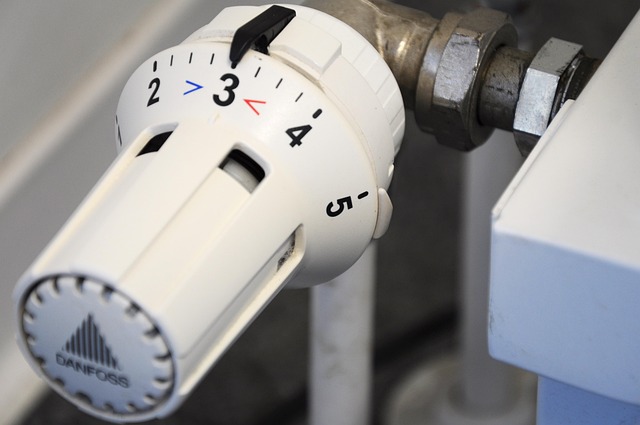3 Congestive Heart Failure Signs That Often Go Unnoticed
Congestive heart failure is a serious condition that affects millions of people worldwide. While some symptoms are well-known, others can be subtle and easily overlooked. Recognizing these signs early can lead to prompt treatment and improved outcomes. This article explores three often-unnoticed signs of congestive heart failure and provides insights into when to seek medical attention.

What Exactly is Congestive Heart Failure?
Congestive heart failure occurs when the heart cannot pump blood as efficiently as it should. This doesn’t mean the heart has stopped working, but rather that it’s struggling to meet the body’s blood and oxygen needs. The condition can develop gradually, with the heart becoming progressively weaker over time, making early detection critically important.
What Are the Three Commonly Overlooked Signs of Heart Failure?
1. Unexplained Fatigue and Weakness
Persistent exhaustion that doesn’t improve with rest is often a silent indicator of heart failure. Many people dismiss this symptom as stress or aging, but it can be a significant warning sign. When the heart struggles to pump blood effectively, your muscles and organs receive less oxygen, leading to profound and unusual tiredness that interferes with daily activities.
2. Subtle Changes in Mental Clarity
Reduced blood flow to the brain can cause cognitive changes that are easily misinterpreted. You might experience:
-
Mild confusion
-
Difficulty concentrating
-
Temporary memory lapses
-
Reduced mental sharpness
These symptoms are frequently attributed to stress or aging but could indicate underlying heart function problems.
3. Unexpected Digestive Discomfort
Heart failure can cause fluid buildup that affects the digestive system, leading to:
-
Persistent bloating
-
Loss of appetite
-
Nausea
-
Abdominal discomfort
Many people mistake these symptoms for digestive issues, overlooking their potential connection to heart health.
How Do These Signs Differ from More Well-Known Heart Failure Symptoms?
Unlike classic symptoms such as chest pain or obvious shortness of breath, these signs are more subtle and can be easily dismissed. They develop gradually and may not immediately trigger concerns about heart health. The key difference is their insidious nature – they creep up slowly, making them harder to recognize as heart-related issues.
When Should You Visit a Doctor for These Symptoms?
Medical professionals recommend seeking immediate evaluation if you experience:
-
Persistent unexplained fatigue lasting more than a few weeks
-
Consistent mental fog or cognitive changes
-
Recurring digestive issues without clear cause
-
Multiple symptoms occurring simultaneously
Understanding Treatment and Management
Treatment for congestive heart failure typically involves:
-
Medication to improve heart function
-
Lifestyle modifications
-
Regular medical monitoring
-
Potential surgical interventions
| Treatment Approach | Primary Focus | Typical Recommendations |
|---|---|---|
| Medication | Improving Heart Function | ACE inhibitors, Beta-blockers |
| Lifestyle Changes | Reducing Strain on Heart | Low-sodium diet, regular exercise |
| Monitoring | Early Intervention | Regular check-ups, diagnostic tests |
Prices, rates, or cost estimates mentioned in this article are based on the latest available information but may change over time. Independent research is advised before making financial decisions.
Conclusion
Recognizing the less obvious signs of congestive heart failure can be life-saving. By staying attuned to your body and understanding these subtle symptoms, you can seek timely medical advice and potentially prevent more serious complications.
This article is for informational purposes only and should not be considered medical advice. Please consult a qualified healthcare professional for personalized guidance and treatment.




